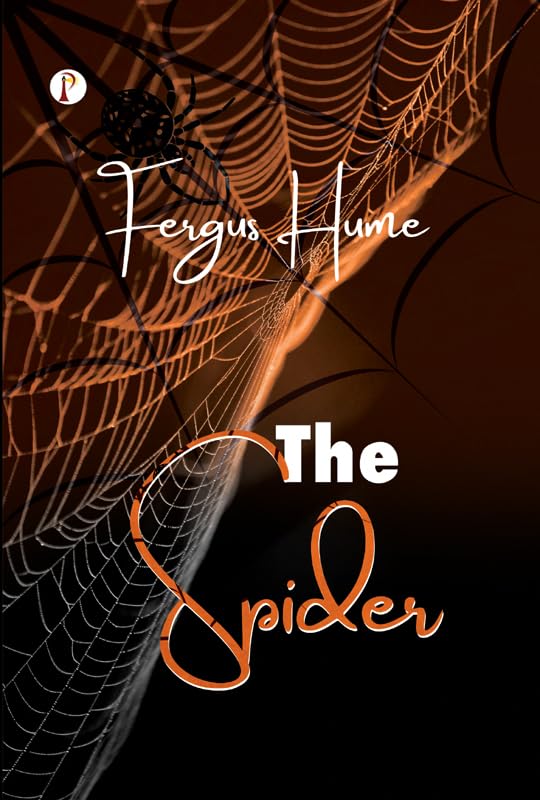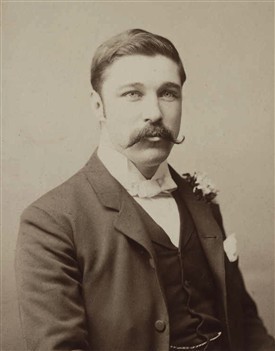
In The Spider, Fergus Hume weaves a thrilling tale of mystery, crime, and suspense, centered around the dangerous underworld of London. When a series of brutal murders rock the city, all signs point to a ruthless criminal mastermind known only as "The Spider." This enigmatic figure operates with terrifying precision, pulling the strings of the city's darkest corners and leaving behind a trail of fear and uncertainty. Detective Victor Standish, determined to uncover the truth, is thrust into a deadly game of cat and mouse. As he dives deeper into the investigation, Standish discovers that the murders are not random acts of violence, but part of a complex, sinister plot. With each step, he gets closer to uncovering the true identity of The Spider, but the closer he gets, the more dangerous the stakes become. The novel unfolds with unexpected twists and turns, as Standish’s pursuit of the elusive criminal leads him into a world where nothing is as it seems. The Spider is always one step ahead, a shadow in the dark, and Standish must rely on his wits and determination to bring the mastermind to justice before it’s too late. Fergus Hume's The Spider is a masterclass in atmospheric suspense and complex plotting, filled with compelling characters, ingenious twists, and a relentless pace that keeps readers on the edge of their seats. A must-read for fans of classic detective fiction, this thrilling tale is sure to captivate anyone who loves a good mystery.
Author

Fergusson Wright Hume (1859–1932), New Zealand lawyer and prolific author particularly renowned for his debut novel, the international best-seller The Mystery of a Hansom Cab (1886). Hume was born at Powick, Worcestershire, England, son of Glaswegian Dr. James Collin Hume, a steward at the Worcestershire Pauper Lunatic Asylum and his wife Mary Ferguson. While Fergus was a very young child, in 1863 the Humes emigrated to New Zealand where James founded the first private mental hospital and Dunedin College. Young Fergus attended the Otago Boys' High School then went on to study law at Otago University. He followed up with articling in the attorney-general's office, called to the New Zealand bar in 1885. In 1885 Hume moved to Melbourne. While he worked as a solicitors clerk he was bent on becoming a dramatist; but having only written a few short stories he was a virtual unknown. So as to gain the attentions of the theatre directors he asked a local bookseller what style of book he sold most. Emile Gaboriau's detective works were very popular and so Hume bought them all and studied them intently, thus turning his pen to writing his own style of crime novel and mystery. Hume spent much time in Little Bourke Street to gather material and his first effort was The Mystery of a Hansom Cab (1886), a worthy contibution to the genre. It is full of literary references and quotations; finely crafted complex characters and their sometimes ambiguous seeming interrelationships with the other suspects, deepening the whodunit angle. It is somewhat of an exposé of the then extremes in Melbourne society, which caused some controversy for a time. Hume had it published privately after it had been downright rudely rejected by a number of publishers. "Having completed the book, I tried to get it published, but everyone to whom I offered it refused even to look at the manuscript on the grounds that no Colonial could write anything worth reading." He had sold the publishing rights for £50, but still retained the dramatic rights which he soon profited from by the long Australian and London theatre runs. Except for short trips to France, Switzerland and Italy, in 1888 Hume settled and stayed in Essex, England where he would remain for the rest of his life. Although he was born and lived the latter part of this life in England, he thought of himself as 'a colonial' and identified as a New Zealander, having spent all of his formative years from preschool through to adulthood there. Hume died of cardiac failure at his home on 11 July 1932.